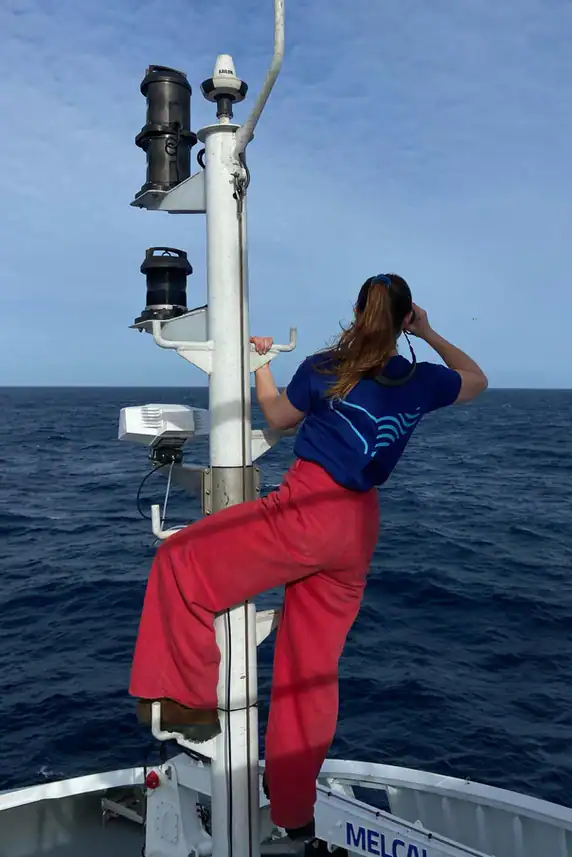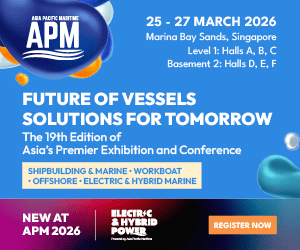In the continuing effort to protect whales from deadly ship strikes, Sea.AI, a leader in marine AI-powered detection systems, is partnering with the Irish Whale and Dolphin Group (IWDG) and the University of La Laguna (ULL) to support the European Union’s ATLANTIC WHALE DEAL project. This initiative seeks to mitigate ship strikes, one of the leading causes of whale mortality, while promoting healthy ocean ecosystems.
Whales are essential to the health of our oceans, playing a critical role in carbon sequestration and maintaining marine ecosystems. Yet, these gentle giants face increasing threats from ship collisions in busy maritime routes. The ATLANTIC WHALE DEAL brings together scientists, conservationists, and technology experts from across Europe to tackle this problem with cutting-edge innovation.
Sea.AI will provide its advanced AI-powered machine vision technology, which detects and classifies objects on the water’s surface. This technology will enable scientists from IWDG and ULL to monitor and track surfacing whales, gather valuable data, and develop real-time solutions to prevent ship strikes.
“Technology has the power to protect,” said Marcus Warrelmann, CEO of Sea.AI. “Our systems can do more than avoid collisions and save human lives at sea, they can also help preserve life in the oceans. Providing our technology to IWDG and ULL enables them to address critical environmental challenges with real-time detection and data.”
The Irish Whale and Dolphin Group (IWDG) brings over 30 years of experience in whale conservation to the project, leading field campaigns and sharing their deep knowledge of whale behavior and habitat in the Atlantic.
“The IWDG has been monitoring whales and dolphins in Irish waters for over thirty years. Working with ULL and integrating SEA.AI’s real-time vision-based detection technology allows us to enhance our research with real-time vision-based detection technologies, bringing new opportunities to improve whale conservation in increasingly busy shipping routes,” said Emilie De Loose, Project Leader at the IWDG.

The University of La Laguna, based in the Canary Islands, is contributing its expertise in environmental systems and engineering design.
“This project is an important step forward in the way research and technology can combine to address ocean challenges. By working closely with SEA.AI and IWDG, we aim to build a better understanding of whale behavior near the surface and help prevent harmful interactions with human activity,” said Carlos Efrén Mora Luis, University of La Laguna.
Sea.AI’s machine vision system provides an extra layer of protection, detecting surfacing whales and alerting navigators. This technology will also enhance the project’s efforts to map whale habitats and identify high-risk zones for ship strikes.
In addition, the data gathered during this project will help Sea.AI further refine its machine vision algorithms, making the technology even more effective for maritime safety worldwide.
Two successful scientific campaigns have already taken place, generating valuable insights and real-world data on whale presence in key Atlantic zones. By bringing together world-class technology and decades of conservation expertise, the initiative is generating valuable insights that will help improve understanding of whale presence and support efforts to make the oceans safer for marine life and those who depend on them.











